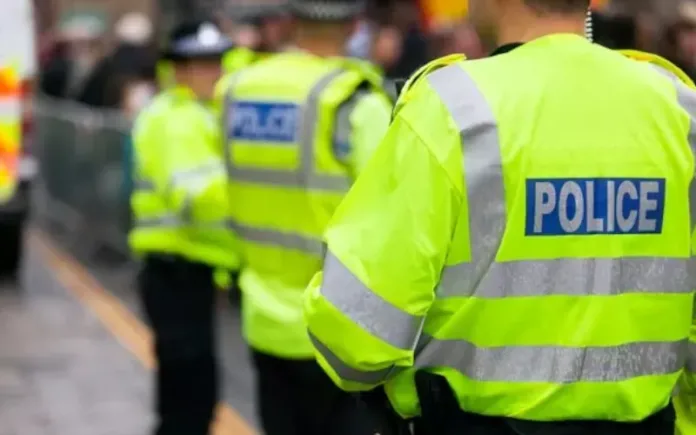The UK’s Metropolitan Police have been struggling with ongoing diversity and inclusion issues for some time. Despite various attempts to improve the representation of ethnic minorities within the force, progress has been slow.
Targeted recruitment and internal diversity training initiatives have been introduced, but minority officers still confront serious challenges like racial discrimination, limited chances for career growth and an unwelcoming work environment.
Recent high-profile instances of police misconduct, claims of ingrained racism, and infrequent excessive force against minorities have amplified the scrutiny of the Metropolitan Police Force’s actions.
The Boycott Call
The National Black Police Association is encouraging ethnic minorities not to join the Metropolitan Police, due to what they view as unfair treatment of Charles Ehikioya, the chair of the Met Black Police Association.
Ehikioya, they claim, was mistreated for voicing his concerns about racism within the force. Instead of backing Ehikioya when he was subjected to racial slurs in a group chat, they contend that the authorities aimed to discredit him.
Andy George, head of the NBPA, has raised questions about recent accusations against fellow officer Ehikioya. He has expressed a lack of confidence in the current police administration’s ability to introduce needed changes. George proposes that only when there is enhanced supervision and assistance for the Met’s Black Police Association, should people from these communities consider joining the force.
The trend of racial discrimination within the force was also highlighted, with reference to a report by Louise Casey stating that Black officers were more likely to face misconduct charges than their white colleagues.
The Alliance for Police Accountability supports halting recruitment as they believe it could lead to more effective and clear-cut anti-racism processes within the police force. The Metropolitan police, meanwhile, underscored their zero-tolerance policy towards racism and refrained from commenting on an ongoing misconduct investigation.
Reactions to the Boycott Call
The boycott call has elicited a range of reactions. Public and community responses have been mixed, with some expressing support for the Black police officers’ stance and others questioning the efficacy of such a measure.
In ethnic minority communities, the call has resonated strongly, with many individuals and community leaders voicing their support. Many have emphasised the importance of solidarity in the fight against systemic racism and discrimination, urging the public to stand with the Black officers in their struggle for justice.
Met Police officials and spokespersons have responded to the boycott call with a mix of acknowledgement and defence. In statements to the media, they have reiterated their commitment to diversity and inclusion, citing ongoing initiatives aimed at addressing the concerns raised. However, many ethnic minority officers remain sceptical, pointing to the need for more substantive actions rather than mere promises.
Broader Implications
The call for a boycott has significant implications for the Met Police Force’s public image and its efforts to improve diversity and inclusion. Public perception of the force has been further tarnished, with many questioning its commitment to addressing systemic racism and supporting ethnic minority officers.
In the long term, the boycott call could have far-reaching effects on diversity and inclusion efforts within the Met Police Force. If the concerns raised by the Black police officers’ group are not adequately addressed, it may deter potential recruits from joining the force and worsen existing retention issues. This, in turn, could lead to a less diverse and representative police force, undermining its ability to effectively serve and protect all communities.
Potential reforms and initiatives must be considered to address these challenges. These could include implementing robust anti-discrimination policies, enhancing support systems for ethnic minority officers, and establishing independent oversight mechanisms to ensure accountability. It is also essential to create a culture of inclusivity and respect within the force, where all officers feel valued and supported.
Taking Action against the Police
Taking action against the police is a crucial step in addressing police misconduct and seeking justice for victims. Individuals can take action in several ways, including filing police complaint claims, pursuing legal action, and advocating for policy changes.
Filing a police complaint claim is often the first step in the process. Victims can file a complaint with the police force’s internal affairs division or an independent oversight body. This initiates an investigation into the incident and can lead to disciplinary action against the officers involved. It is important to provide as much detail as possible in the complaint, including dates, times, and any evidence that supports the claims.
In cases where internal investigations do not lead to satisfactory outcomes, victims may consider suing the police for compensation. Legal action can be a powerful tool for holding the police accountable and securing compensation for damages. However, it is essential to have strong legal representation to navigate the complexities of the legal system and build a compelling case. By taking action against the police and advocating for change, we can work towards a justice system that truly serves and protects everyone.
